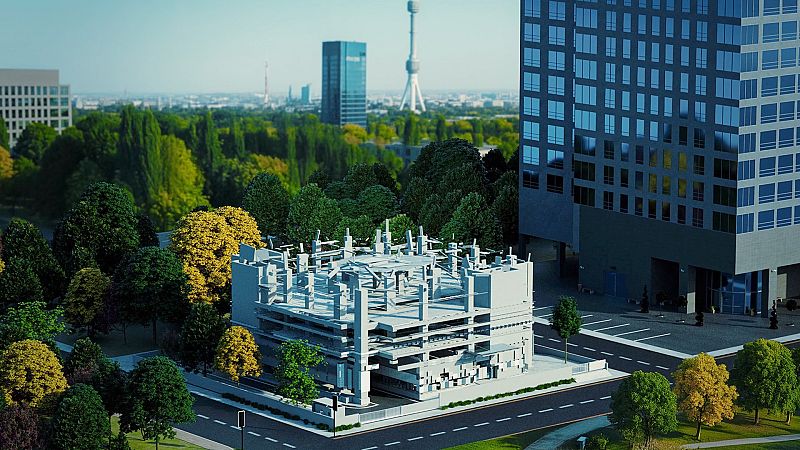
At the Tashkent International Investment Forum 2025 (TIFF 2025), green tech and AI-ready infrastructure dominated the conversation, and few projects generated as much buzz as Data Volt’s push to build the region’s first fully sustainable, high-density data centres.
“We’re bringing in the latest technology, especially in cooling”, said Rajit Nanda, CEO of Data Volt, outlining how the company is rethinking the fundamentals of digital infrastructure. “These facilities aren’t just built for today – they’re built for where AI is heading”.
Data Volt’s model is deceptively simple: use solar by day, wind by night, and store the rest in powerful battery systems that keep operations running around the clock. What makes it revolutionary is the scale and the context.
In a world where data centres already account for around 3% of global emissions, and AI could triple energy demand, this model is a direct response to a growing crisis.
“If we don’t start building sustainable data centers now, the industry’s carbon footprint could rival that of aviation within a decade”, warned Nanda.
Data Volt isn’t waiting. It has already launched a pilot project worth €185 million in Tashkent’s IT Park. Larger facilities are in the pipeline, including a new site in the ancient city of Bukhara expected to attract €2.8 billion, and a third project in New Tashkent, a futuristic smart city being built from the ground up.
Altogether, the company plans to invest over €4.6 billion in Uzbekistan over the next five years. What sets Data Volt apart is not just its green credentials, it’s how the company is preparing for the next wave of AI.
Digital future coming faster than expected
Traditional data centres in the region operate at roughly 10 kilowatts per rack. Data Volt’s current designs push that to 100 kilowatts, and upcoming projects aim to reach densities of 1,000 kilowatts per rack – capable of supporting the heaviest AI workloads.
This level of performance requires more than just power. It also demands sophisticated cooling both air and liquid, to keep high-density servers operating efficiently and sustainably.
“The world is running out of computer power,” said Nanda. “As AI becomes part of everyday life, we want to make sure people don’t experience buffering or lag like we did in the early days of the internet”.
Uzbekistan’s digital transformation continues to surprise many investors. With an action plan full of reforms, a young and tech-savvy population, and increasing openness to foreign investment, the country is fast becoming a testbed for innovation.
“Uzbekistan is transforming”, Nanda admitted. “The local talent pool, especially in energy and digital, makes it a natural candidate to lead the region’s digital revolution”.
And while the projects are rooted in Central Asia, the vision is global. Data Volt’s infrastructure is being designed to meet the world’s growing demand for real-time AI, green computing, and scalable, sustainable tech solutions.
The digital future is coming faster than expected. The challenge is building the infrastructure to support it without breaking the planet. At TIIF 2025, one thing was clear: that work has already begun.







